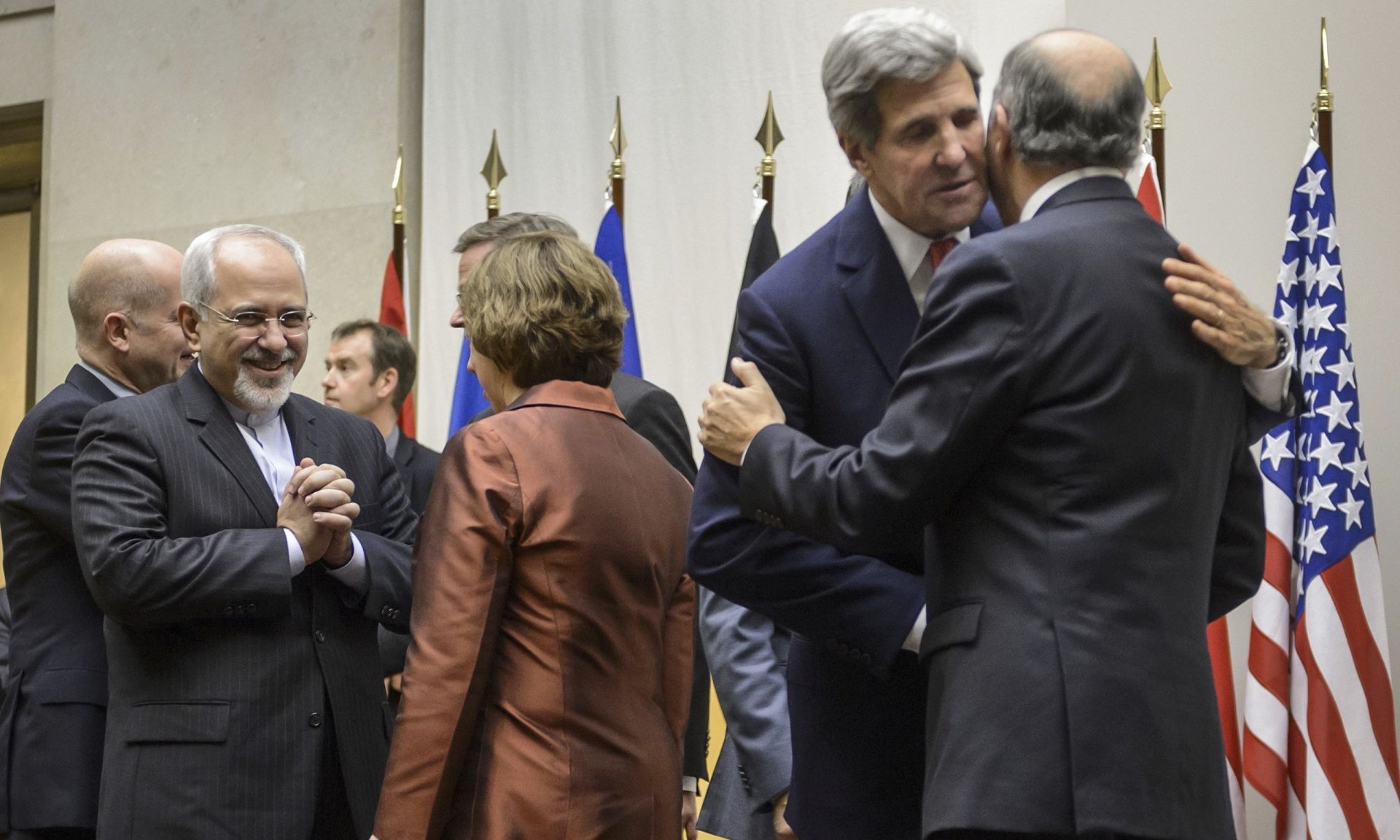Vienna: Major powers and Iran struck a historic deal Tuesday aimed at ensuring Tehran does not acquire a nuclear bomb, in return for sanctions relief, a diplomat close to the talks said.
The breakthrough came on the 18th day of marathon talks between Tehran and the so-called P5+1 — the United States, Russia, China, Britain, France and Germany in Vienna.
“The agreement is concluded,” the diplomat told AFP in the Austrian capital, where a final ministerial meeting between Iran and the world powers was called for 0830 GMT.
EU spokeswoman Catherine Ray said on Twitter that a press conference would follow.
The deal is expected to sharply curb Iran’s nuclear program and impose strict UN inspections in order to make any drive to make nuclear weapons all but impossible and easily detectable.
In return, the web of UN and Western sanctions choking Iranian oil exports and the economy of the 78-million-strong country would be progressively lifted.
The diplomatic push began when Iranian President Hassan Rouhani came to power in 2013. In November that year an interim deal was agreed but two deadlines in 2014 for a lasting accord were missed.
Then in April, the parties scored a major breakthrough by agreeing the main outlines of an accord, aiming to finalise it by June 30, a deadline since pushed back twice.
Since April, legions of legal and technical experts have made great strides working out the nuts and bolts of how the highly ambitious and technical agreement will work.
The final hurdles had included the exact timing and pace of sanctions relief and Iran’s desire to have a UN arms embargo lifted.
Hardliners opposed
Foreign ministers including US Secretary of State John Kerry huddled late into the night at Vienna’s Palais Coburg.
China’s Foreign Minister Wang Yi told reporters as he arrived on Monday that there should be “no more delays”, adding that no deal could be “perfect”.
Also present were Russian Foreign Minister Sergei Lavrov and his counterparts from Britain, France and Germany — Philip Hammond, Laurent Fabius and Frank-Walter Steinmeier.
The agreement is a diplomatic victory for US President Barack Obama, who made the talks a centerpiece of his foreign policy, as well as for Rouhani, a moderate seeking to bring his country in from the diplomatic wilderness.
They have faced opposition from hardliners from home, as well as from Iran’s arch-foe Israel, believed to be the only country in the Middle East with atomic bombs, although it has never confirmed it.
“We are heading toward a bad deal, and in the period after it we will of course have to continue preparing to protect ourselves on our own,” Israeli Defence Minister Moshe Yaalon said on Monday.
Saudi Arabia and other Sunni-ruled Gulf Arab states are also deeply suspicious of Shiite Iran, accusing it of fomenting unrest in Syria, Yemen and elsewhere in the Middle East.
Many in the United States, particularly among Obama’s Republican opponents, also say the mooted deal is too weak.
The agreement will prove a “hard sell” in the US Congress, which will have 60 days to chew over the accord, top Republican Mitch McConnell said in an interview broadcast Sunday.










